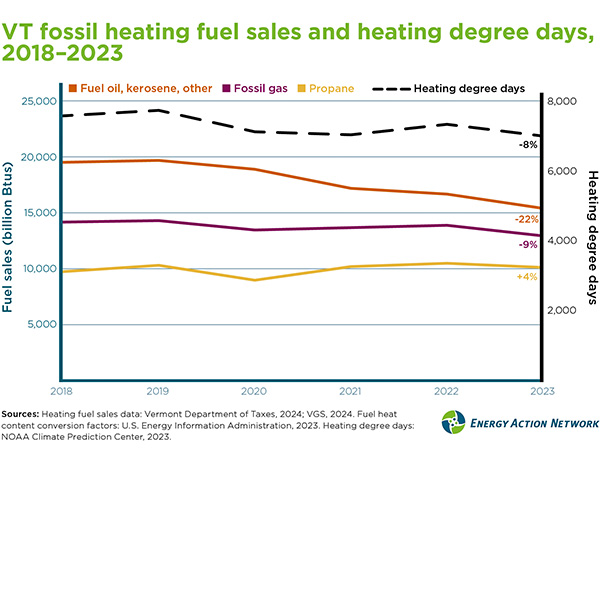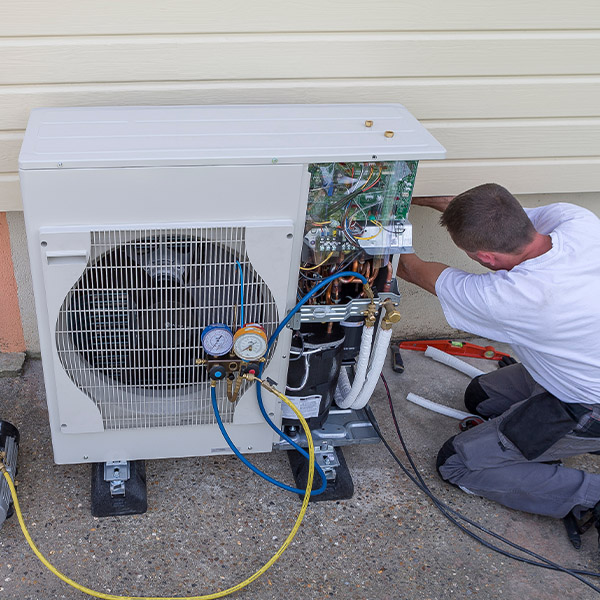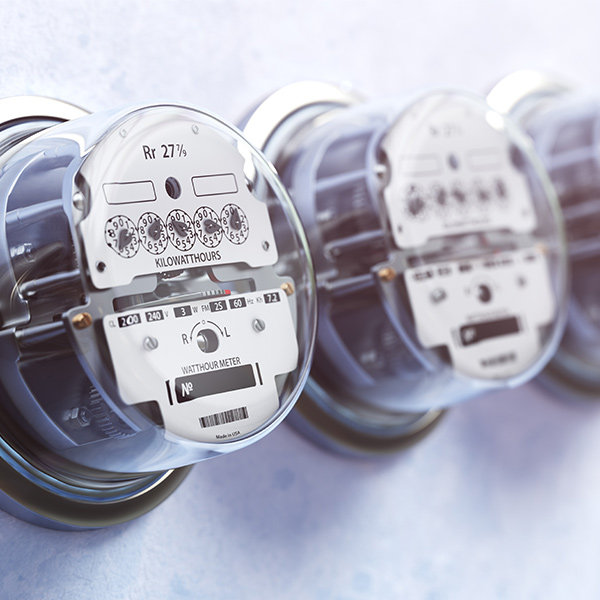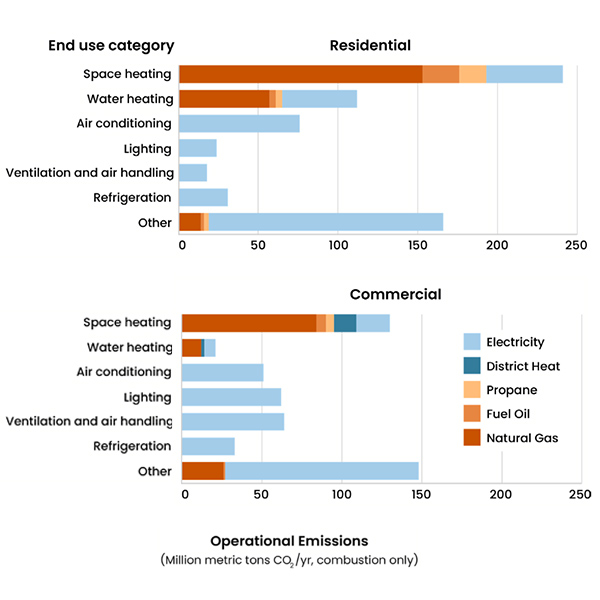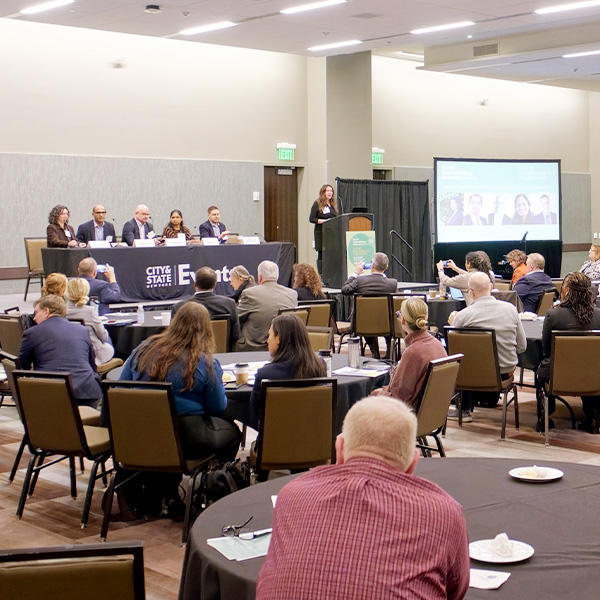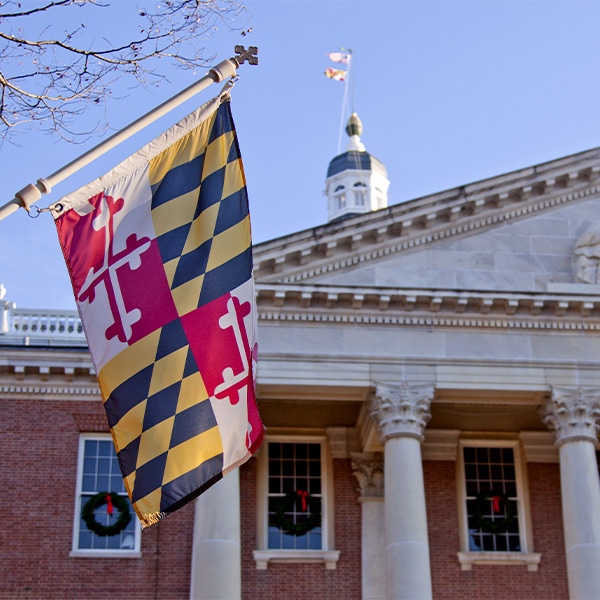Water Heating
Vermonters are using less fossil fuel for heat in recent years, partly because winters have been trending warmer but also because more buildings are relying on electric heat pumps.
A bill that would require New Jersey utilities to offer building electrification incentive programs sparked more than two hours of heated debate.
ACEEE published a paper showing how states can maximize the impact of federal funds for home energy retrofits.
A new Berkeley Lab report finds that a combination of aggressive demand and supply side measures could slash greenhouse gas emissions in the building sector 91% below 2005 levels by 2050.
The D.C. Council has approved a bill aimed at electrifying 30,000 low-income homes across the district by 2040, but a fight is brewing over funding for the program.
The Biden administration released a plan to decarbonize the country’s building sector, which it says could reduce emissions in the sector by 65% by 2035 and 90% by 2050.
Building decarbonization is at once critical for the environment, expensive for building owners and potentially taxing for the power grid.
The networked heating systems New York wants to test on a pilot scale hold promise for the environment and society but are taking time to design.
Targeted electrification could allow decommissioning of up to 10% of gas mains but is no silver bullet for solving the gas cost challenge, researchers say.
More than 70 energy-related laws have been introduced in the first month of the Maryland General Assembly’s 2024 session.
Want more? Advanced Search
